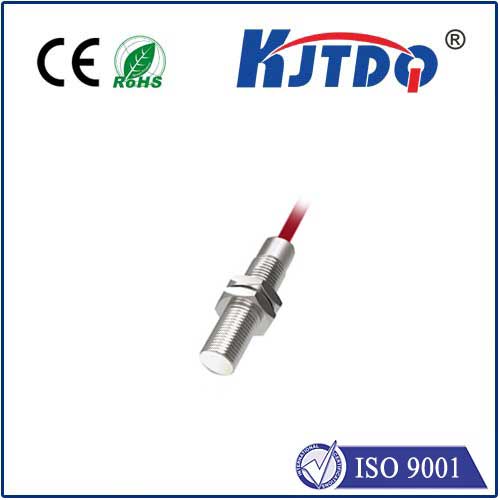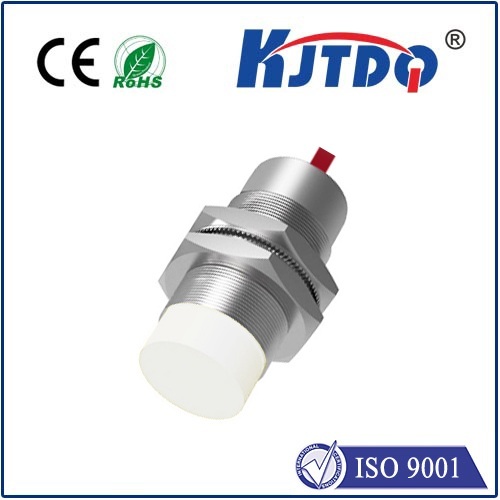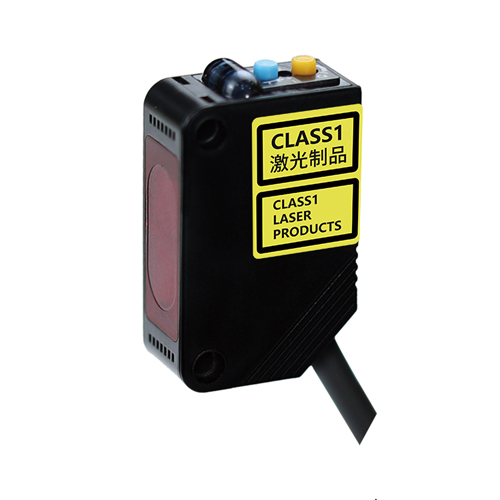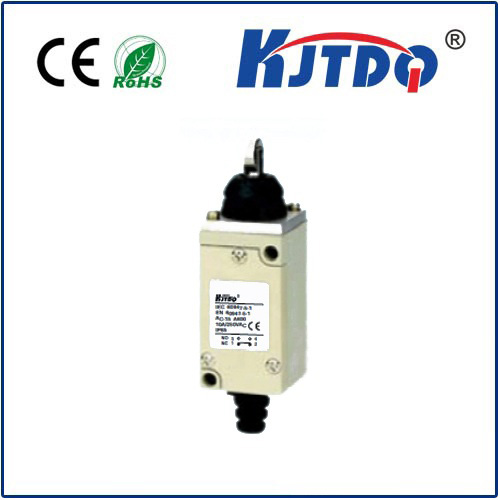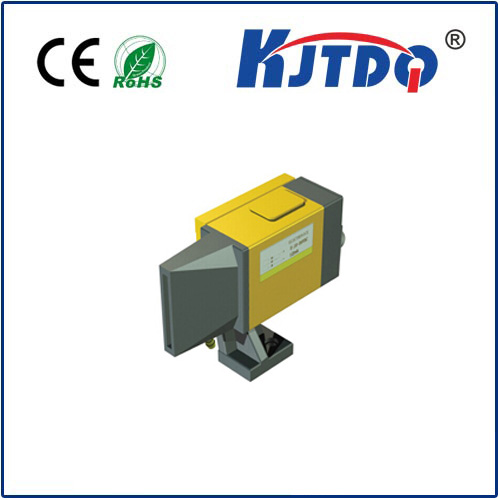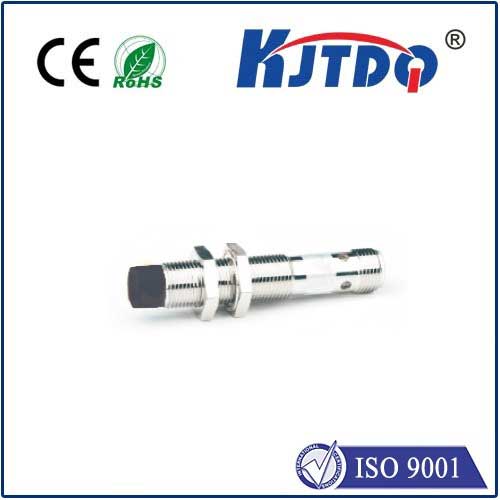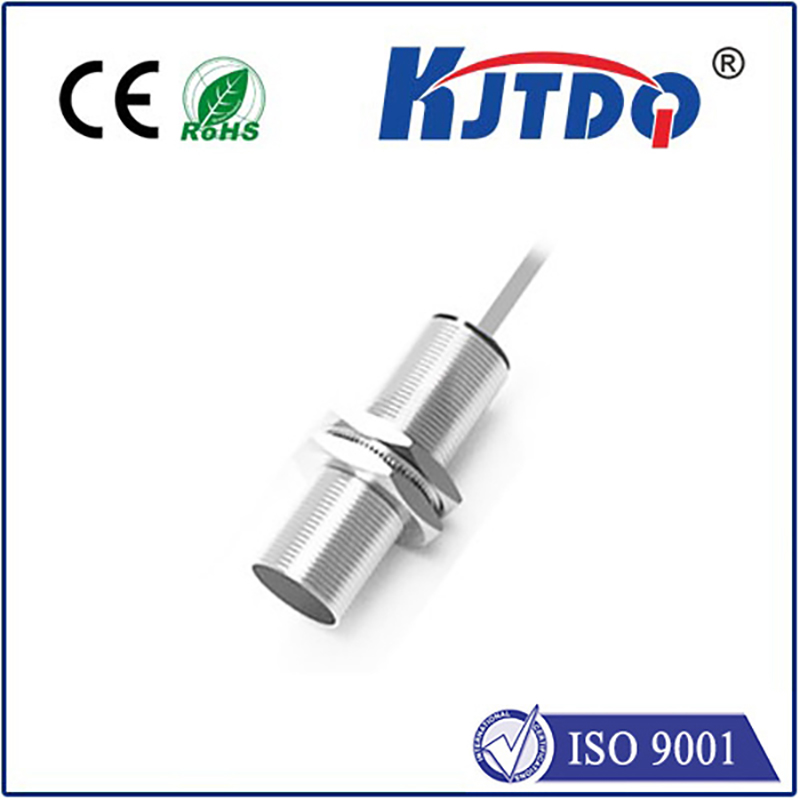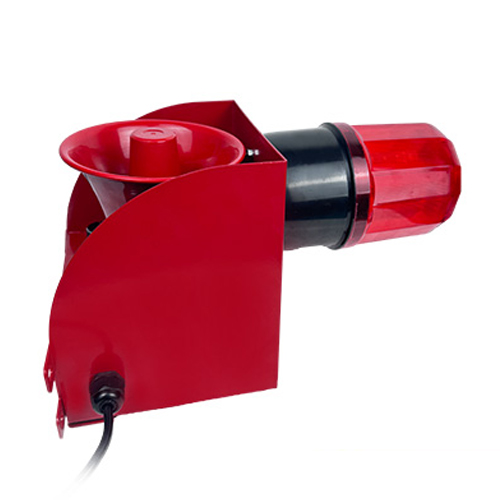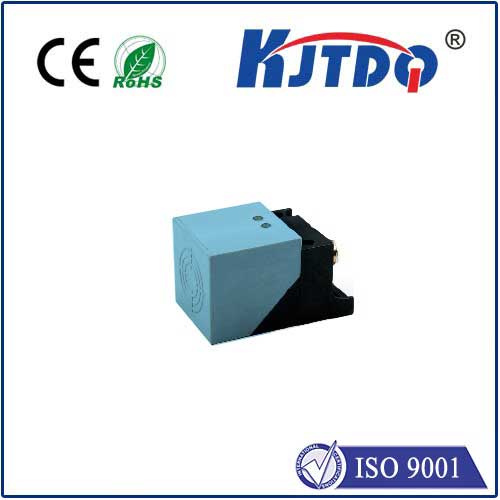

check

check

check

check

check

check

check

check

check

check

The Importance of Electrical Limit Switches in Industrial Automation Electrical limit switches are an essential component in industrial automation, providing critical safety and operational functions. These switches detect the presence of an object or a condition, such as temperature or pressure, and initiate a control signal to the system they are monitoring. In this article, we will explore the significance of electrical limit switches and how they contribute to the efficiency and safety of automated processes. Firstly, electrical limit switches play a vital role in preventing machinery accidents caused by unintended movement or operation. They detect when a machine has reached its limit or end-of-travel position, triggering an automatic stop to prevent damage or injury. This feature is particularly important in high-speed or hazardous environments where even a momentary lapse in concentration could lead to disastrous consequences. Secondly, electrical limit switches improve process efficiency by automating repetitive tasks that would otherwise require manual intervention. For instance, in conveyor systems, limit switches can detect when items have reached the end of the belt and initiate a signal to reverse the direction of the conveyor belt, saving time and reducing labor costs. Thirdly, electrical limit switches enhance process accuracy and repeatability. By providing precise control over machinery movements, these switches enable consistent production results, reducing waste and increasing overall yields. This is especially crucial in industries that require strict quality standards, such as pharmaceuticals and food processing. In conclusion, electrical limit switches are indispensable tools in industrial automation, providing critical safety features, improving process efficiency, and ensuring accurate and consistent outcomes. As technology continues to evolve, we can expect these switches to become even more sophisticated, with enhanced capabilities and greater integration into intelligent systems.
